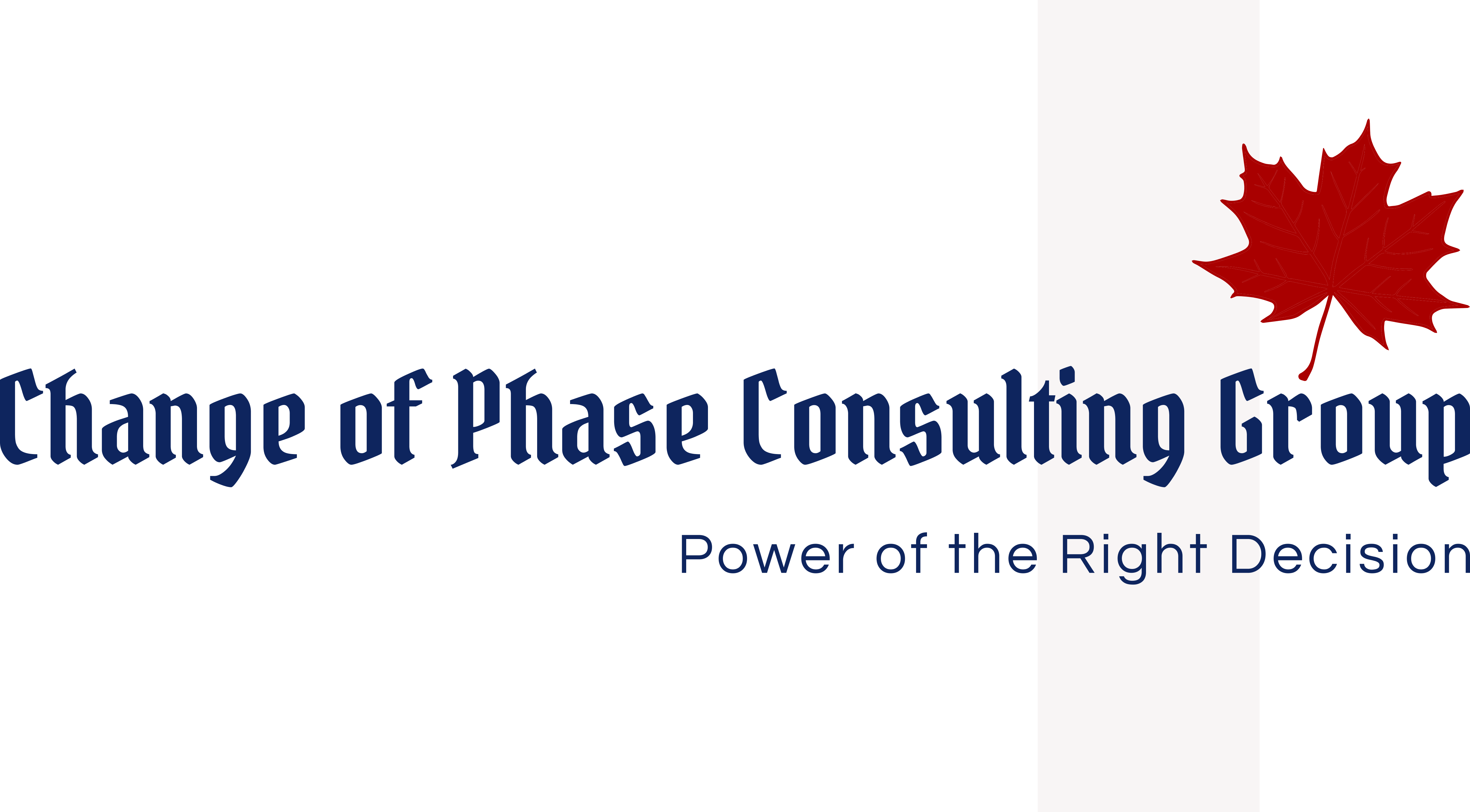At Change of Phase Consulting Group, we’re committed to guiding individuals and families through immigration pathways that lead to long-term success in Canada. One such pathway is the Rural Community Immigration Pilot (RCIP)—a locally driven program to attract and retain skilled newcomers in smaller Canadian communities.
If you’re considering applying through RCIP, understanding the language and education requirements is critical to your success. This blog breaks down what you need to know in simple and practical terms.
What is RCIP?
RCIP, or the Rural Community Immigration Pilot, is a community-led immigration program that enables designated rural communities to recommend foreign workers for permanent residency based on their labor market needs and the applicant’s intention to settle permanently in the area.
To be eligible, applicants must meet several federal and community-specific criteria, including language proficiency and education requirements.
Language Requirements for RCIP
Strong communication skills are essential for success in any Canadian workplace or community. As such, RCIP applicants must meet minimum Canadian Language Benchmark (CLB) levels, which vary depending on the job type.
✅ Minimum Language Requirements:
- CLB 4: For jobs in NOC TEER 4 or 5 (typically general labor or entry-level roles).
- CLB 5: For jobs in NOC TEER 2 or 3 (technical, skilled trades, or intermediate roles).
- CLB 6 or higher: Depending on the nature of the job, this may be required for some NOC TEER 1 positions or by certain communities.
🎓 What does “CLB” mean?
The Canadian Language Benchmarks (CLB) are national standards for measuring English (or French) language ability. Your CLB level is determined by taking a designated language test, such as:
- IELTS General Training (English)
- CELPIP General (English)
- TEF Canada or TCF Canada (French)
Tip from Change of Phase: Make sure your test results are less than two years old when you apply.
Education Requirements for RCIP
RCIP applicants must have completed a minimum level of education to satisfy federal immigration requirements and to match the job offer provided by the employer.
✅ Minimum Education Requirements:
- Canadian high school diploma or
- Equivalent foreign credential, verified through an Educational Credential Assessment (ECA)
What is an ECA?
An Educational Credential Assessment evaluates whether your international diploma, degree, or certificate equals a Canadian credential. The ECA must be from an organization approved by IRCC, such as:
- World Education Services (WES)
- International Credential Assessment Service of Canada (ICAS)
- Comparative Education Service (CES)
- And others
Reminder: Your ECA must be under 5 years old at the time of application.
Bonus Points for Higher Education
While a high school diploma is a minimum, post-secondary education or specialized training can enhance your application, especially if your job offer aligns with a skilled occupation or your target community prioritizes education.
Community-Specific Requirements
It’s important to note that each RCIP community may set additional requirements based on their local economic needs. This can include higher language standards, educational benchmarks, or specific occupation-based expectations.
Before applying, always review the official guidelines from the specific RCIP community you’re interested in.
Final Thoughts
The RCIP is a unique and exciting pathway to permanent residence in Canada, especially for those looking to contribute to the growth and vibrancy of rural communities. Meeting the language and education requirements is a key first step in that journey.
At Change of Phase Consulting Group, we specialize in helping you navigate every step of the RCIP process—from eligibility assessments to application preparation and community recommendations.
Do you have questions about your qualifications? Please book a consultation with us today, and let’s take the next step together.










Leave A Comment